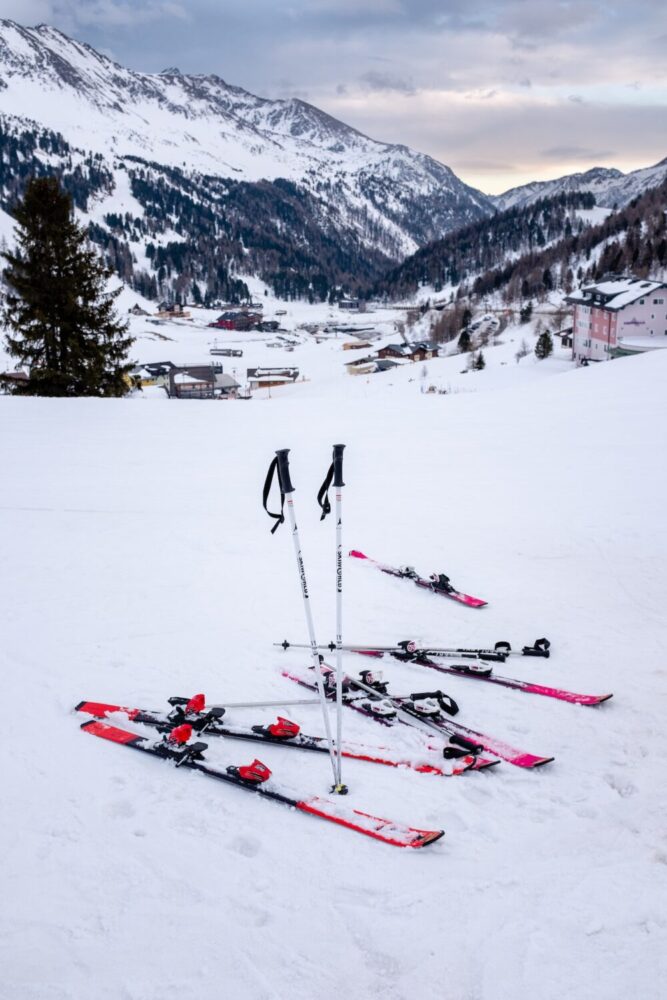Tipping, an often underestimated social practice, can be a complex dance to navigate when traveling to a new country. In Germany, known for its rich culture and meticulous attention to detail, understanding the nuances of tipping is essential for both expats and travelers. Whether you’re dining at a local restaurant, catching a taxi, or enjoying a coffee at a café, knowing when, how much, and whether to tip can make your experience smoother and more enjoyable.
At the same time, it’s worth highlighting a valuable resource for expats in Germany: Booka Local. Our startup connects expats with bilingual German-speaking translators, making your transition to life in Germany more seamless. Now, let’s delve into the world of tipping in Germany and uncover the answers to some common questions.
Is Tipping Expected in Germany?
When you sit down at a restaurant or receive a service in Germany, the question often arises: Is tipping expected? The answer is generally yes. Tipping is customary and appreciated in Germany, though the culture surrounding it differs from what you might find in other countries.
Germans value the idea of service quality and fair wages, which has influenced their tipping practices. While tipping is expected, it’s not necessarily extravagant. Locals typically tip to show appreciation for good service, but it’s not seen as obligatory. You won’t find waitstaff glaring at you if you forget to leave a tip, but they will certainly appreciate your gesture of gratitude.
How Much Do You Tip in Germany?
The next question that often arises is, “How much do you tip in Germany?” Tipping percentages in Germany are generally lower compared to countries like the United States, where tipping 15-20% is customary. Here’s a breakdown of typical tipping practices in various scenarios:
- Restaurants: In restaurants, it’s common to round up the bill or leave a tip of about 5-10% of the total. For exceptional service, you might consider leaving a bit more, but there’s no need to feel pressured into a larger tip.
- Cafés: When you grab a coffee or snack at a café, rounding up to the nearest Euro is appreciated. For instance, if your coffee costs €2.50, you can leave €3.
- Taxis: For taxi rides, rounding up to the nearest convenient amount is customary. If your fare is €8.50, rounding up to €10 is a polite way to tip.
Keep in mind that Germans are quite precise when it comes to tipping. If your bill is €22.50, leaving €25 shows thoughtfulness. It’s worth noting that tipping in Germany isn’t limited to food and transportation. You might also tip hairdressers, tour guides, and hotel staff for exceptional service, using similar principles.
Is it Rude to Not Tip in Germany?
One question that often concerns travelers and expats is whether it’s considered rude not to tip in Germany. While tipping is customary, it’s not considered rude to abstain from tipping in cases where you’re dissatisfied with the service. However, it’s essential to differentiate between withholding a tip due to poor service and simply forgetting to tip. In the latter case, it’s more about being polite and showing appreciation rather than an obligation.
Germans appreciate polite gestures, so even if the service was adequate and you’re unsure about whether to tip, erring on the side of leaving a small tip is usually appreciated. It’s a way to say thank you, and it rarely goes unnoticed.
Tipping Practices in Germany
Understanding how to leave a tip correctly is crucial. In restaurants, if you’re paying with cash, simply leave the extra amount on the table when you settle the bill. You can also signal the waiter that no changes are needed (meaning, the charges are the tips), when the cash is handed over to the waiter directly. If you’re paying by card, you can tell the waiter the total amount you’d like to pay, including the tip, and they will charge your card accordingly.
It’s essential to note that in Germany, tips are typically shared among the staff, so your tip goes beyond just the person who served you. This practice helps ensure that everyone working in the establishment benefits from good service.
What Happens if You Don’t Tip the Waiter?
While it’s not considered rude to skip a tip for subpar service, it’s crucial to understand that tipping can be a part of waitstaff’s income in Germany. If you consistently don’t tip when the service is decent, it may affect your relationship with the staff. The staff may remember you as a customer who doesn’t tip, which could influence your future experiences at the same establishment (unless the food and service are really unimaginably bad and you do not plan to visit this restaurant again).
However, this doesn’t mean you should feel obligated to tip when the service is genuinely poor. In such cases, it’s more important to provide feedback politely and explain why you’re dissatisfied. You can be direct with them. Trust us, they can take it.
Is 10 Percent a Good Tip?
While a 10 percent tip is considered standard in many countries, including Germany, the notion of a “good tip” can vary depending on your perspective and the context. Germans often view a 10 percent tip as reasonable and polite. However, feel free to adjust the percentage based on your satisfaction with the service and your budget.
For excellent service, you might consider leaving more than 10 percent as a sign of appreciation. Likewise, if you’re dining with a large group, it’s common to leave a slightly larger tip.
Who Gets the Money When You Tip?
When you leave a tip in a restaurant or any service establishment, it doesn’t typically go directly to your waiter or service provider. Instead, tips are often pooled and distributed among the staff. This practice ensures that everyone, from cooks to servers, benefits from the tips.
In some places, tips may be divided according to a specific formula that considers each employee’s role and responsibilities. This collaborative approach emphasizes teamwork and encourages all staff members to provide a high level of service.
When Should You Not Tip?
While tipping is a common practice in Germany, there are situations where it’s not expected or necessary. Knowing when not to tip can be just as important as knowing when to tip:
- Fast Food and Self-Service: In fast-food restaurants (like, the one with the big “M” sign) or establishments where you order at the counter and clear your table yourself, tipping is not expected.
- Public Transportation: When using public transportation like buses, trams, or subways, tipping is not customary. However, you may find some travelers rounding up their fare for convenience.
- Retail Stores: Tipping is not expected when shopping in retail stores.
- Government Services: There’s no need to tip government employees, such as postal workers or government office clerks. (It also looks super awkward if you try)
By being aware of these situations, you can navigate tipping in Germany with ease and ensure that you’re showing appreciation appropriately.
Conclusion
Tipping in Germany is a thoughtful gesture that reflects your appreciation for good service. While it’s expected in many situations, it’s not an onerous obligation. Germans value quality service and fair wages, so tips are often seen as a way to acknowledge a job well done. Understanding the nuances of tipping in Germany can enhance your travel or expat experience and help you engage with the local culture more effectively.
Remember that your experience in Germany can be further improved by utilizing services like Booka Local. Our startup connects expats with bilingual German-speaking translators, making it easier to navigate the intricacies of daily life in Germany, including communication and cultural nuances. As you explore the diverse landscapes and cultural experiences that Germany has to offer, may your understanding of tipping practices enhance your enjoyment of this remarkable country.











